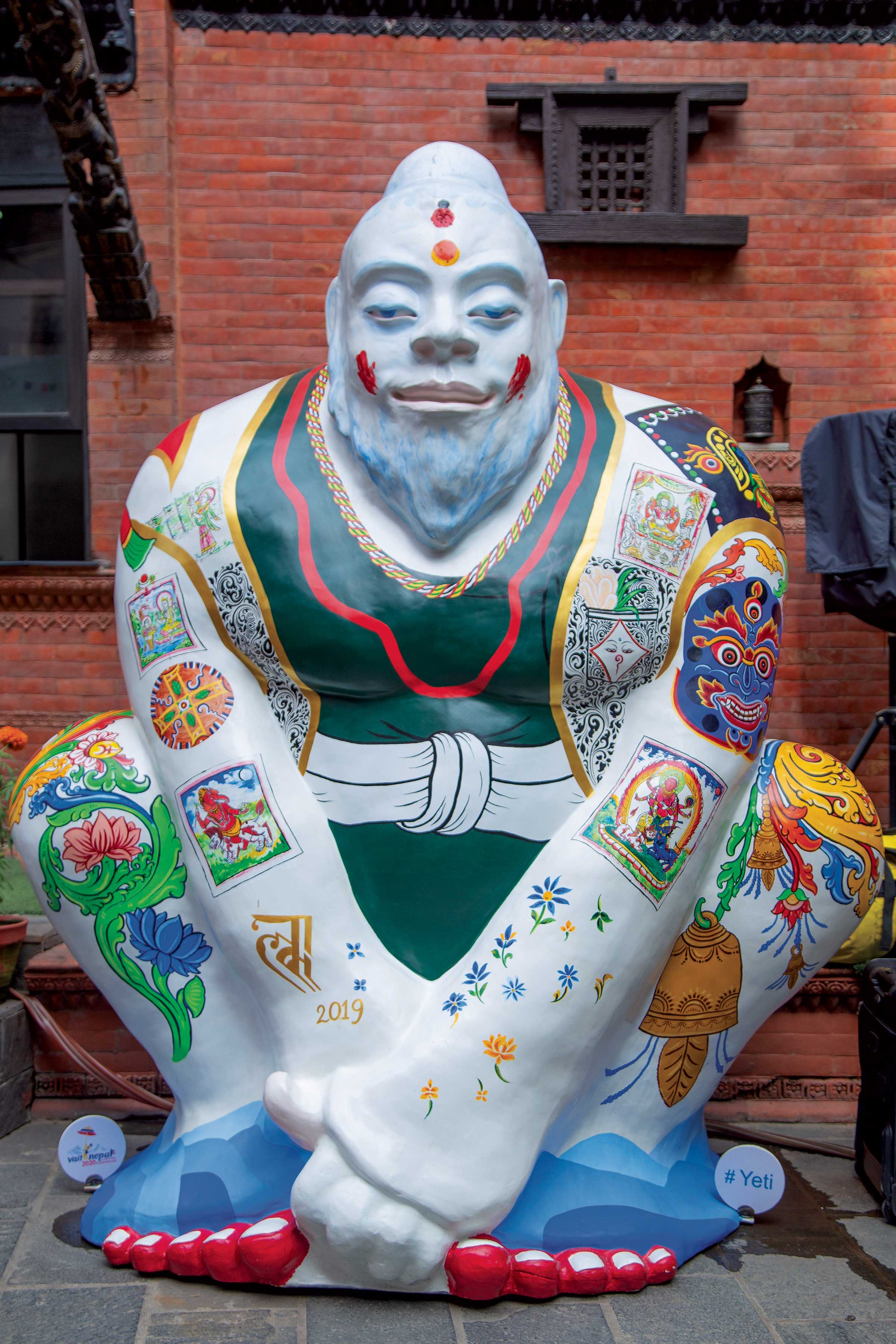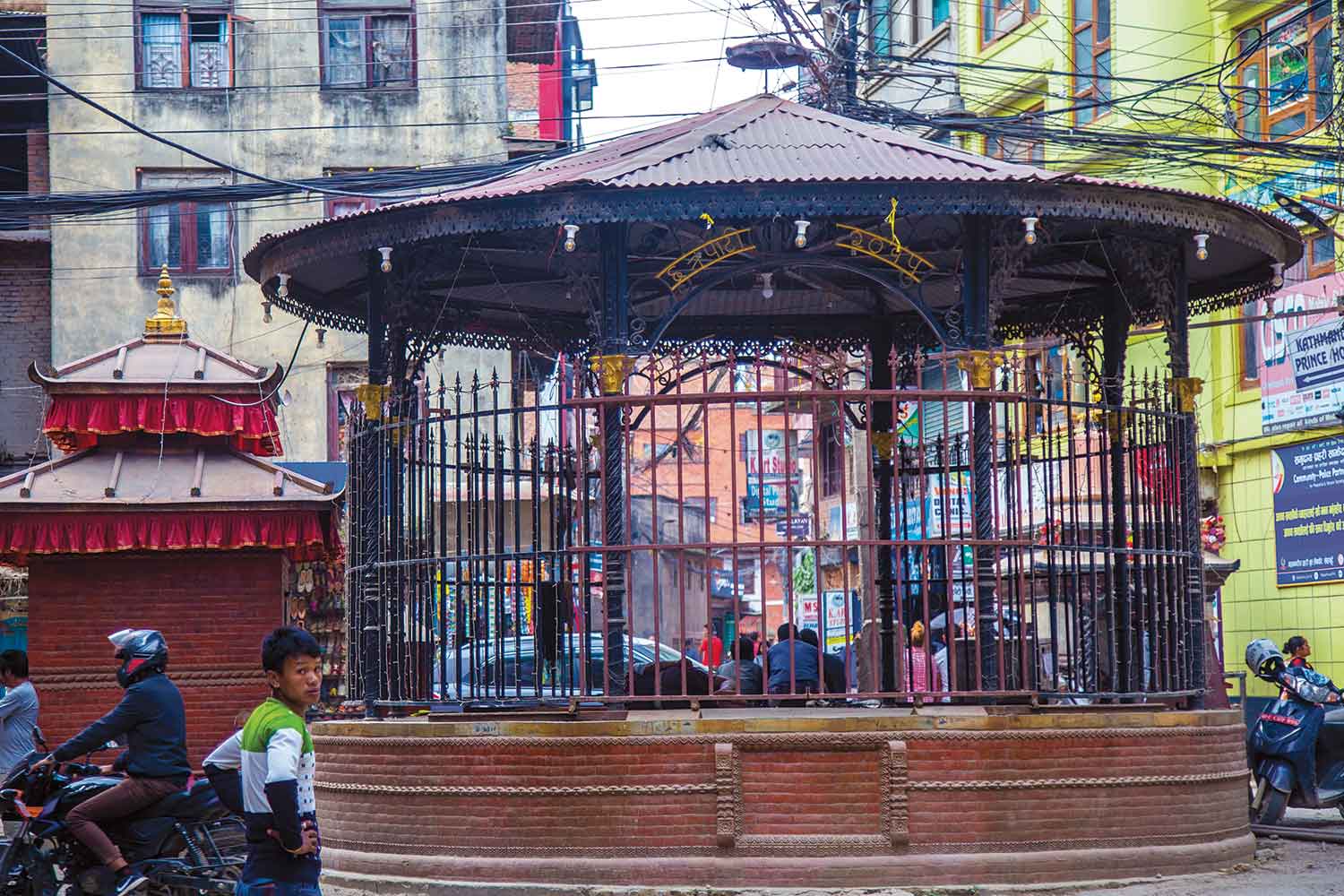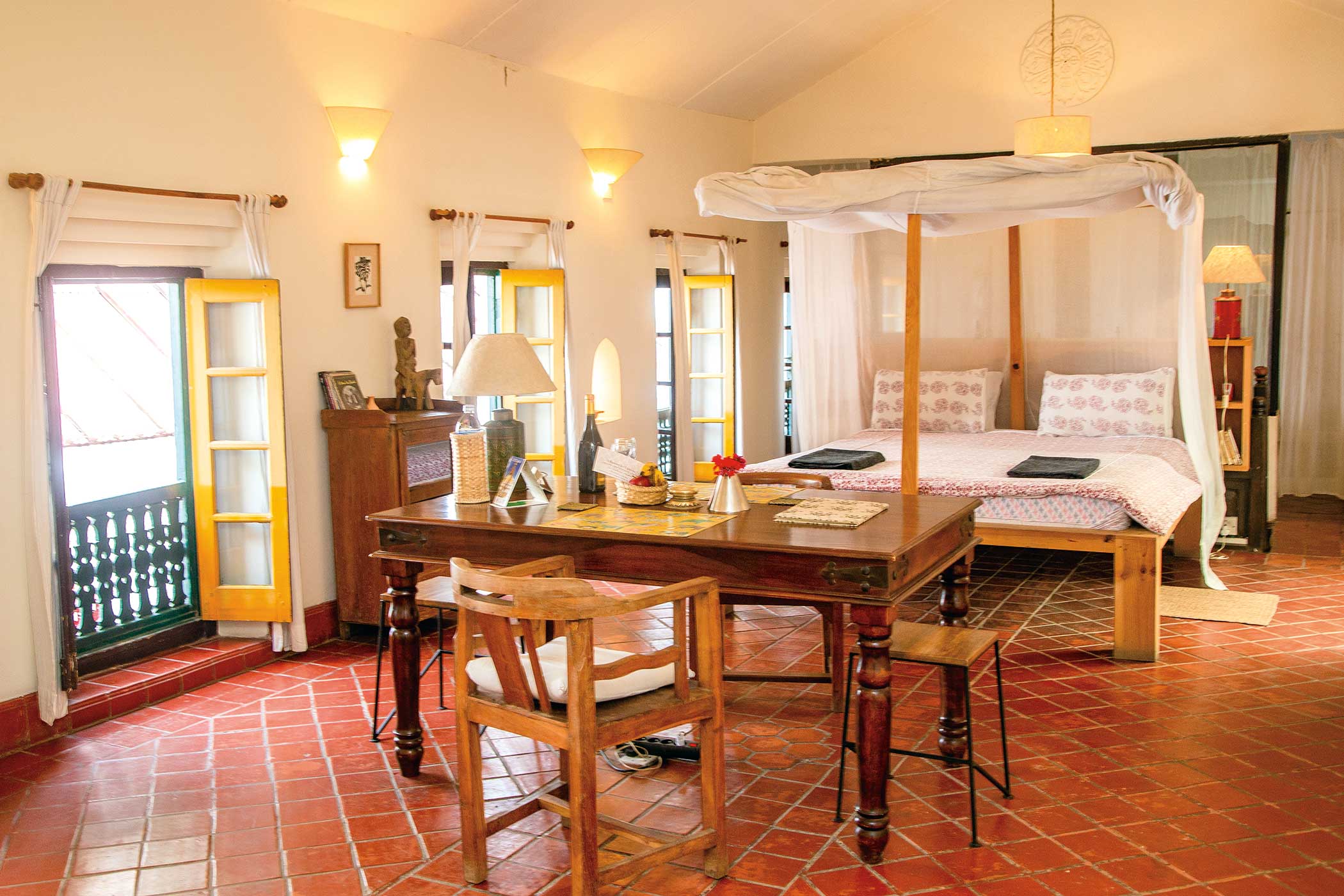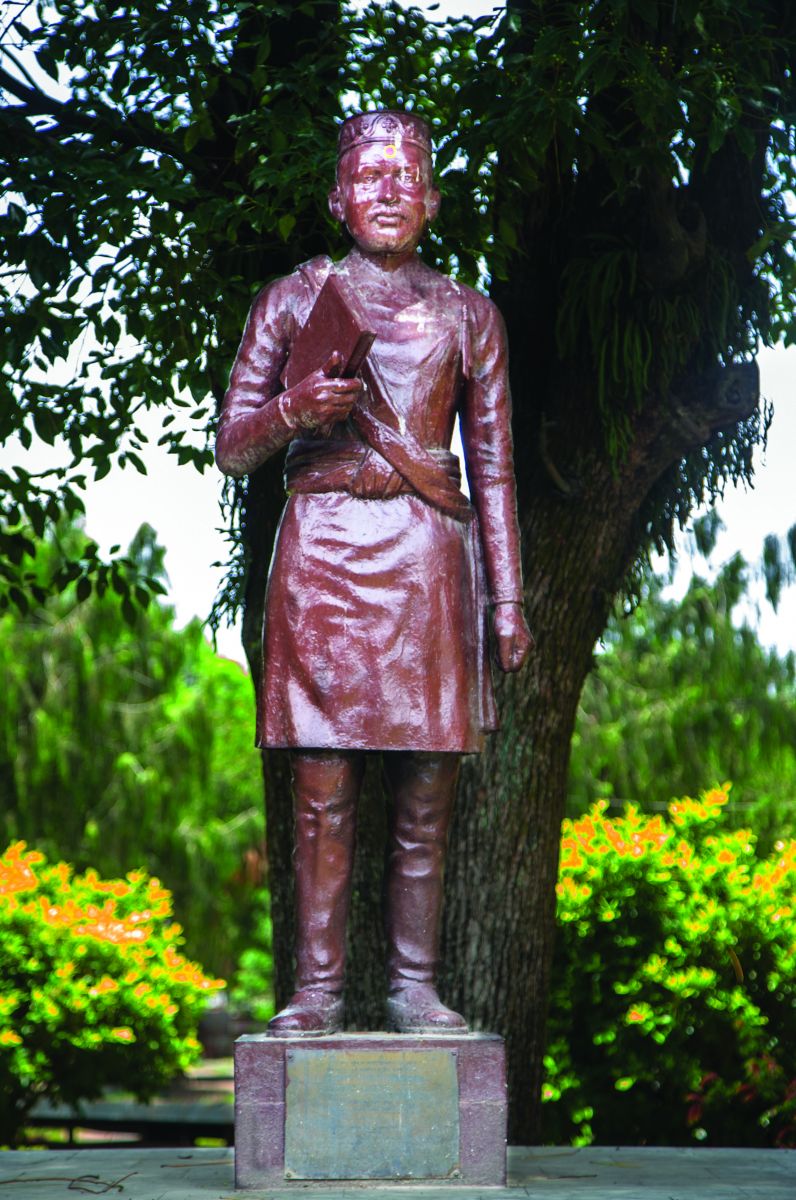Here is the story of a trek through far west Nepal and into Tibet to Lake Manasarovar and to the foot of Mount Kailash. It is one of those rare (we wish there were more) true, insightful and personal trekker’s tale by a Nepali. The writing is all the more interesting because the author is a poet.
Here’s a snippet of his poetic prose: “Manasarovar! Oh, blue nature! We came here, reaching forward in enthrallment. We were drawn here in fascination of your gracefulness and cordiality, bowing our heads to your beauty and elegance! Oh, you! the blue lake−Manasarovar!”
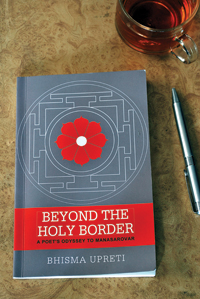 Like many such accounts, both the thrills (first sight of Lake Manasarovar and Mount Kailash) and the difficulties (steep trails, long weary days) are important to the story. So, too, is the hospitality of people met in villages along the way.
Like many such accounts, both the thrills (first sight of Lake Manasarovar and Mount Kailash) and the difficulties (steep trails, long weary days) are important to the story. So, too, is the hospitality of people met in villages along the way.
As a travelogue it also has personal and sometimes philosophical passages: “After recharging ourselves with new energy, we spread along the hilly road. We were so carefree! We floated on the waves of delight, we flew on the wings of excitement...” And later, on a hard stretch: “Struggling upwards... I experience life; I feel alive. From a lofty stopping place... it is always refreshing to look back at one’s own past, at one’s deeds and slips.”
Upreti also speaks about the act of writing itself. While down in the hot Karnali river valley, he writes: “The more the day progressed, the hotter the sun grew. My impulses were triggered especially when I sweated profusely, drenching myself... I was the one who lived in a city and preached that we should toil and sweat. I was the one who used my writings to advocate hard work. Now I understood the real difference between talk and action.”
Later, higher up, he tells a wise and learned Buddhist monk that “Writing is a fine thing. To write something true is finer still and to write a thing that people are not aware of yet is even better. I draw deep satisfaction from it; but at a time when money is all-important, writing doesn’t bring in much of a living.”
To which the monk responds: “What is money worth in itself? Who has taken money with themselves in death? A good name is greater. Money is a necessity but not the be all and end all. We also need respect and dignity.”
Beyond the Holy Border is an interesting book, packed with some powerful images and feelings, written by a sensitive observer. I recommend it, especially for those bound in spirit or in fact to Manasarovar and Kailash.
Nonfiction. Fine Print Books, Jhamsikhel, Lalitpur, Nepal, 120pp., fineprint.com.np, illus. Available in local bookstores.




